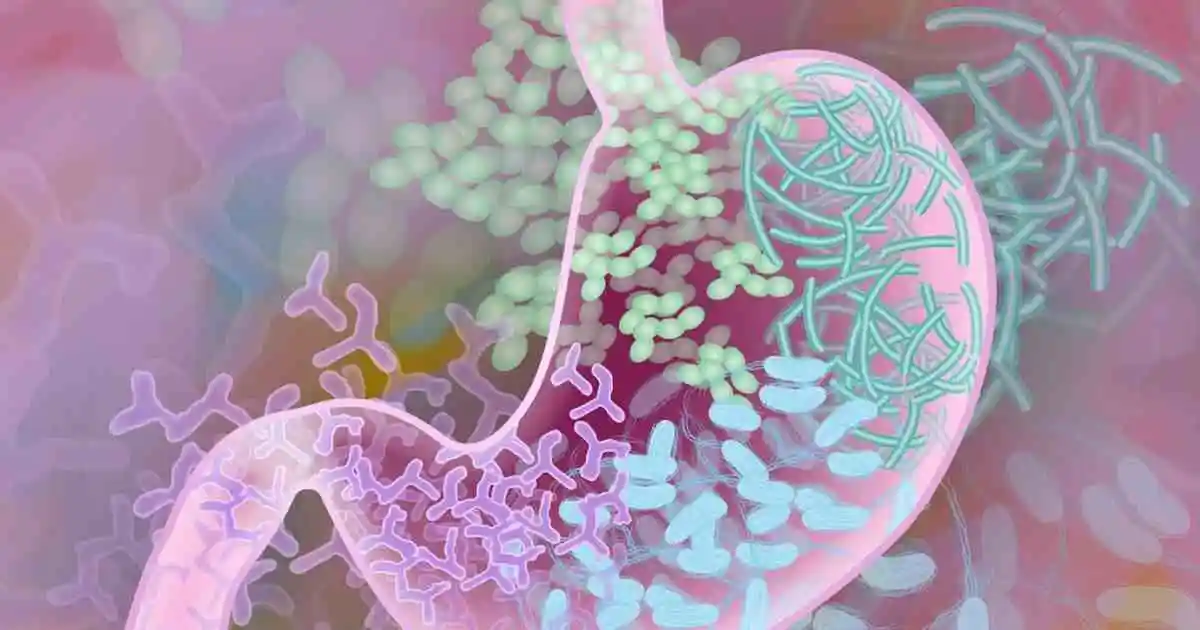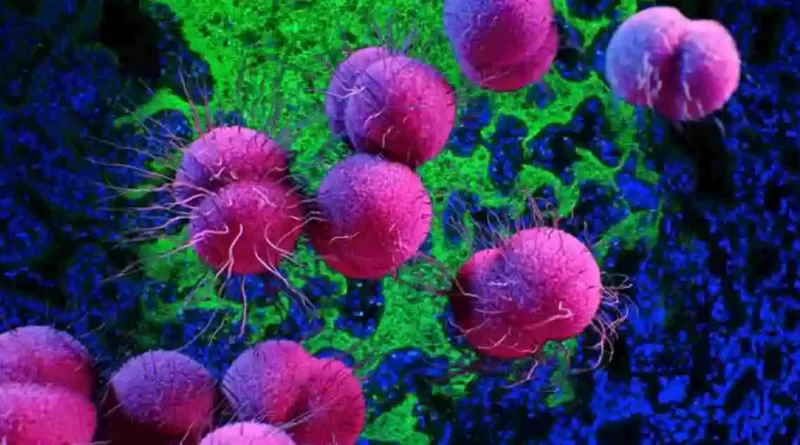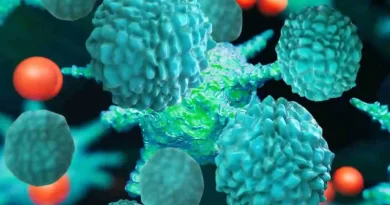Gut Bacteria Microbiomes Linked To Brain Health, Reveals Study
A recent research paper has been featured in Nature Cell Biology, authored by Dr. Mark Alkema, a neurobiology professor. In the research paper, Dr. Mark has tried to establish a crucial molecular association between specific B12-producing bacteria in the gut of C. elegans (a roundworm) and the production of acetylcholine, a neurotransmitter vital for memory and cognitive function.
Scientific awareness of the potential impact of diet and gut microbiomes on brain function is growing. Anxiety, sadness, migraines, and neurodegeneration are among the neurological conditions that have been connected to changes in the composition of the microbiomes. However, deciphering the cause-and-effect relationship between individual bacteria or nutrients and brain function has proven challenging due to the complex interplay of factors.

In an effort to isolate the influence of individual bacteria on specific brain functions, Dr. Woo Kyu Kang, a postdoctoral fellow in the Alkema lab, fed worms with a genetic mutation causing excitatory/inhibitory signaling imbalance and seizure-like behaviors a diet consisting of a single bacterial species. This mutation is linked to migraines and is comparable to one found in humans.
Out of the 40 different bacterial diets tested, 18 showed a reduction in seizure frequency. Notably, the common factor among many of these microbiomes was their ability to produce vitamin B12.
As per Dr. Alkema and Kang, B12 decreases choline levels in the body. Choline, essential for metabolizing liver fat, is utilized in the B12-dependent methionine/S-adenosyl methionine (Met/SAM) cycle, a metabolic pathway producing methionine in the intestine. But choline also contributes to the neurological system’s acetylcholine synthesis. Excess acetylcholine leads to excitatory imbalance, causing seizure-like behavior.
Increased B12 levels result in more choline being used in the Met/SAM cycle, reducing the amount of choline available for acetylcholine production. This restores the excitatory/inhibitory balance, decreasing seizure activity in C. elegans.
The researchers highlight that the impact of the microbiomes, vitamin B12, brain function, and behavior interactions becomes evident under stressed conditions, whether genetically or environmentally induced. Human B12 deficiency has been associated with neurological disorders marked by excitatory or inhibitory imbalance, such as schizophrenia, depression, and migraines.
Alkema plans to investigate whether the effect of B12 microbiomes on excitatory signaling in a range of neurological illnesses in humans may be explained by the mechanisms found in the worm model. He will try to investigate various worm models and explore different metabolites and bacteria. From the research, it can be expected that the relationship between gut bacteria and brain function can be established.
Funding for this study came in part from the Riccio Fund for Neuroscience and the National Institutes of Health. It was a collaborative effort between the Alkema and Walhout labs at UMass Chan and the lab of Dr. Frank C. Shroeder, a professor of chemistry & chemical biology at Cornell University.








